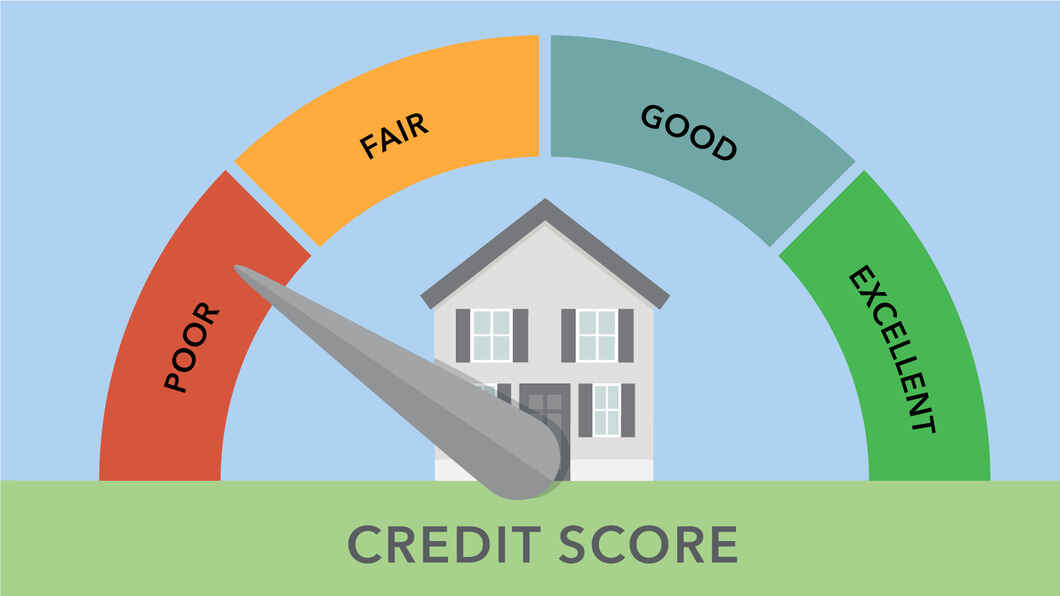Obtaining an education loan can be a significant financial burden for students and their families. With the high cost of tuition and other expenses, it’s important for borrowers to shop around and compare education loan interest rates before making a decision. In this blog post, we will take a closer look at the education loan interest rates offered by nationalized banks in India, to help you make an informed decision about which bank to choose for your education loan.
Before we dive into the comparison, it’s important to understand that the interest rate on an education loan can vary depending on several factors, including the type of loan, the borrower’s credit score, and the length of the loan. However, it’s also important to note that nationalized banks are generally known to offer low-interest rates on education loans.
One of the best options for students looking for an education loan is State Bank of India (SBI). SBI offers education loans to students studying in India at an interest rate of 7.5% to 9.5% per annum, depending on the loan amount and the course of study. The bank also offers a repayment holiday of 6 months after the completion of the course and up to 15 years repayment period.
Another nationalized bank that offers education loans at competitive interest rates is Bank of Baroda (BoB). The bank offers education loans to students studying in India at an interest rate of 7.5% to 9.5% per annum, depending on the loan amount and the course of study. BoB also offers a repayment holiday of 6 months after the completion of the course and up to 15 years repayment period.
Punjab and Sind Bank (PSB) also offers education loans to students studying in India at an interest rate of 8% to 10% per annum, depending on the loan amount and the course of study. The bank also offers a repayment holiday of 6 months after the completion of the course and up to 15 years repayment period.
Similarly, Union Bank of India (UBI) offers education loans to students studying in India at an interest rate of 8% to 11% per annum, depending on the loan amount and the course of study. The bank also offers a repayment holiday of 6 months after the completion of the course and up to 15 years repayment period.
Central Bank of India (CBI) offers education loans to students studying in India at an interest rate of 8% to 11% per annum, depending on the loan amount and the course of study. The bank also offers a repayment holiday of 6 months after the completion of the course and up to 15 years repayment period.
United Bank of India (UBI) offers education loans to students studying in India at an interest rate of 8% to 11% per annum, depending on the loan amount and the course of study. The bank also offers a repayment holiday of 6 months after the completion of the course and up to 15 years repayment period.
Canara Bank also offers education loans to students studying in India at an interest rate of 8% to 11% per annum, depending on the loan amount and the course of study. The bank also offers a repayment holiday of 6 months after the completion of the course and up to 15 years repayment period.
Check out this free Education loan Calculator from Wealth Building
In conclusion, nationalized banks in India offer education loans at competitive interest rates. While the interest rates vary slightly between different banks, they generally range from 7.5% to 11% per annum. Students and their families are advised to carefully compare the interest rates and other loan terms before making a decision. Also, It’s always better to compare with other private banks as well before making a final decision. Other factors such as loan amount, repayment period, processing fee and other











